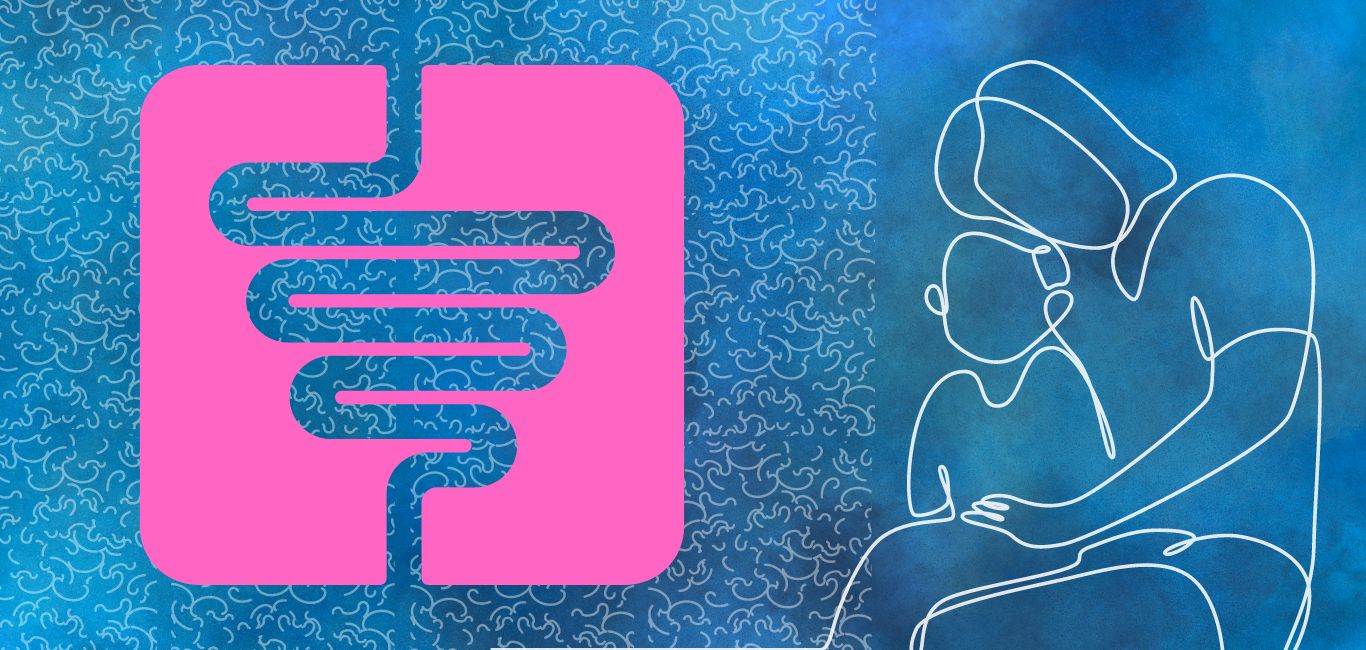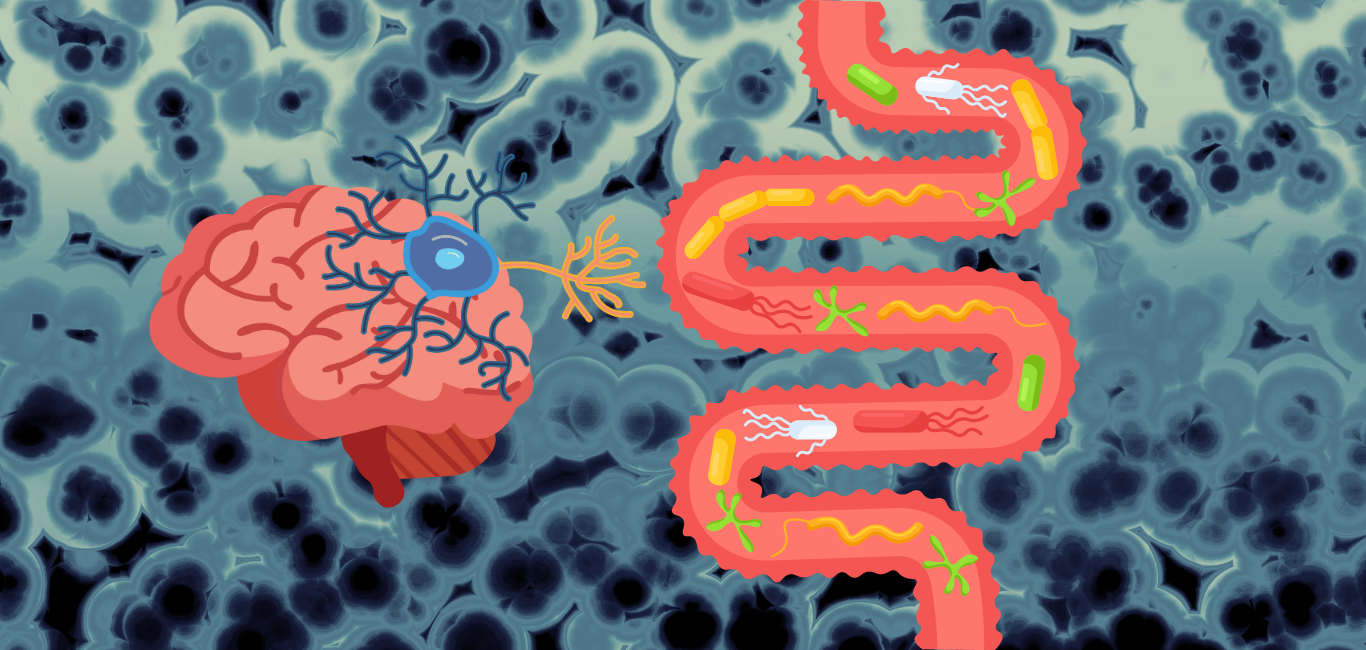
That the past can leave an imprint on the future is a well-known and accepted notion in the field of mental health. Now, a study of the gut microbiome has found that stressful events early in a mother’s life can also reflect in the gut microbiomes of their children.
The new study suggests that exposure to adversity in multiple generations can impact the composition of the gut microbiome in children, potentially increasing their vulnerability to future mental illness. The study examined data from 450 mother-child combinations (AKA dyads) in Singapore and was published in the Proceedings of the National Academy of Sciences. It was conducted by researchers from various institutions including UCLA and the Singapore Institute for Clinical Sciences.
Trauma and the gut microbiome
The researchers looked at three types of adversity: maternal childhood maltreatment, maternal prenatal anxiety, and children’s exposure to stressful life events. They found distinct differences in the gut microbiome composition because of each adversity exposure.
Also read: A wider view of the gut-brain link
Children whose mothers had experienced different types of stress had microbial strains associated with butyrate (a short-chain fatty acid) production. Over time, these strains are normally replaced with ones that trigger a more efficient production of butyrate. However, in second-generation children who had gone through early life adversity (ELA), disruptions to this replacement grow likelier. The researchers found a link between less efficient butyrate production and greater exposure to adversity at another timepoint.
The study also explored the associations between the gut microbiome and socioemotional functioning in children. The researchers found that the abundance of certain bacterial taxa in the gut microbiome was associated with socioemotional functioning at ages 2 and 4.
“The microbiome gets a lot of attention and is very exciting, but it really is just one piece of the large and complicated puzzle of human health,” Bridget Callaghan, a UCLA assistant professor of psychology and the paper’s senior author, said in a statement.
“Our study is part of a growing body of research showing the effects of early exposure and transgenerational experience on the microbiome. When we understand how experiences of hardship can influence the gut microbiome, we can then try to manipulate diet, supplements and lifestyle to make positive impacts on an individual’s gut microbiome and broader developmental trajectory,” Callaghan added.
Timing matters
Preconception, prenatal, and postnatal adversity all had different effects on the gut microbiome. This suggests that the timing and type of adversity exposure are important factors in understanding the impact on the gut microbiome.
The researchers also noted that several of the differentially abundant bacterial taxa in the gut microbiome have been linked to immune system regulation and inflammation. This suggests that the gut microbiome may be a biological mechanism through which adversity impacts mental health. The study highlights the need for further research to investigate the functional potential of the gut microbiome in the context of intergenerational adversity.
Limitations
The researchers noted several limitations, including the inability to separate differences in adversity exposures. The researchers could not establish whether the type of hardships people faced, or the timing of those hardships had a bigger impact on the outcomes they observed. Importantly, they were also unable to control for diet, which can impact the gut microbiome.
Even so, the research builds our understanding of how various types of trauma can affect our physiological health. The gut could add another dimension to the study of intergenerational trauma. For example, how this trauma is transmitted has often been studied, with one study suggesting a genetic route.
Despite these limitations, the study by UCLA and the Singapore Institute for Clinical Sciences provides valuable insights into the potential role of the gut microbiome in the intergenerational transmission of adversity and its impact on mental health.
Stress is known to have a cascading nature across generations. Adversity, be it physical or mental abuse at childhood or even anxiety experienced by a mother before birth, has been known to increase vulnerability to future mental illness. The emergence of a gut link could explain more about how trauma passes across generations — but more research is needed to understand how it works.

















